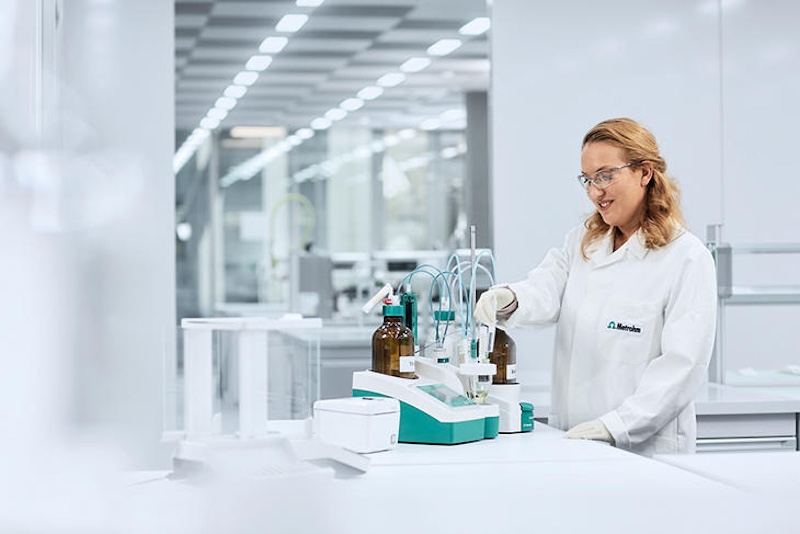Clinical trials are a cornerstone of modern medicine, ensuring that new treatments and therapies are safe and effective before they reach the public. These studies, which test new drugs, medical devices, and treatment strategies, are critical for advancing healthcare and safeguarding patient well-being.
This article explores the essential role of clinical trials in ensuring safety, highlighting key aspects of the process, and examining how innovative technologies contribute to this goal.
1. The Role of Clinical Trials in Drug Development
Clinical trials are systematic studies conducted to evaluate the safety and efficacy of new medical interventions. They are a critical component of the drug development process, providing valuable data that inform regulatory decisions and guide clinical practice.
Phases of Clinical Trials: Clinical trials are typically divided into several phases:
- Phase I: Focuses on safety and dosage, involving a small number of healthy volunteers.
- Phase II: Evaluates efficacy and side effects in a larger group of participants with the target condition.
- Phase III: Confirms effectiveness, monitors side effects, and compares the new treatment to standard therapies in a large population.
Phase IV: Conducted after approval to gather additional information on long-term effects and benefits.
Each phase is designed to address specific questions about the treatment, ensuring that it is safe and effective before it is widely used.
2. Ensuring Safety Through Rigorous Testing
Safety is the primary concern of clinical trials. Through rigorous testing, researchers can identify potential risks and side effects of new treatments, helping to prevent harm to patients.
Monitoring Adverse Events: Clinical trials include robust monitoring systems to detect and address any adverse events or side effects. This monitoring helps ensure that any potential risks are identified and managed promptly.
Data Analysis: Comprehensive data analysis is conducted throughout the trial to assess the treatment’s safety profile. This includes evaluating lab results, patient feedback, and other critical data to ensure that the treatment does not pose undue risk.
3. Integrating Advanced Technologies for Enhanced Safety
The integration of advanced technologies in clinical trials enhances safety and improves the accuracy of results. These technologies include:
- Proteomic Analysis: One such technology is proteomic analysis, which involves studying the protein composition of biological samples. This technique can provide valuable insights into how a treatment affects the body at a molecular level. For more information on this essential aspect of clinical research, explore the proteomic analysis service.
- Real-Time Monitoring: Advances in data collection and monitoring allow for real-time tracking of patient health and treatment outcomes. This capability helps researchers identify and address issues more quickly, enhancing the safety of the trial.
- AI and Machine Learning: AI and machine learning algorithms are increasingly used to analyze complex data from clinical trials. These tools can help identify patterns and predict potential risks, improving the overall safety and efficacy of new treatments.
4. Ethical Considerations and Patient Consent
Ethical considerations are a fundamental aspect of clinical trials, ensuring that participants’ rights and well-being are protected.
- Informed Consent: Participants must provide informed consent before joining a clinical trial. This process involves explaining the potential risks and benefits of the treatment, as well as any alternative options. Ensuring that participants fully understand the implications of their involvement is crucial for ethical research.
- Ethical Review Boards: Clinical trials are reviewed by ethical review boards, which evaluate the study’s design, risks, and benefits to ensure that it meets ethical standards. These boards play a key role in protecting participants and maintaining the integrity of the research.
5. The Impact of Clinical Trials on Public Health
The outcomes of clinical trials have a profound impact on public health, leading to the development of new treatments and therapies that can improve patient outcomes and quality of life.
- Advancing Medical Knowledge: Clinical trials contribute to the advancement of medical knowledge by providing evidence on the efficacy and safety of new treatments. This knowledge helps shape clinical guidelines and informs healthcare practices.
- Expanding Treatment Options: Successful clinical trials lead to the approval of new treatments, expanding the range of options available to patients. This is especially important for conditions with limited treatment options or those that are difficult to manage with existing therapies.
Conclusion
Clinical trials are essential for ensuring the safety and efficacy of new medical treatments. Through rigorous testing, advanced technologies, and ethical practices, these studies play a crucial role in advancing healthcare and improving patient outcomes.
For those interested in understanding more about the technologies that enhance clinical research, including proteomic analysis, visit the proteomic analysis service.
Additionally, staying informed through reputable sources like The New England Journal of Medicine and PubMed can provide further insights into the evolving field of clinical trials and their impact on modern medicine.

